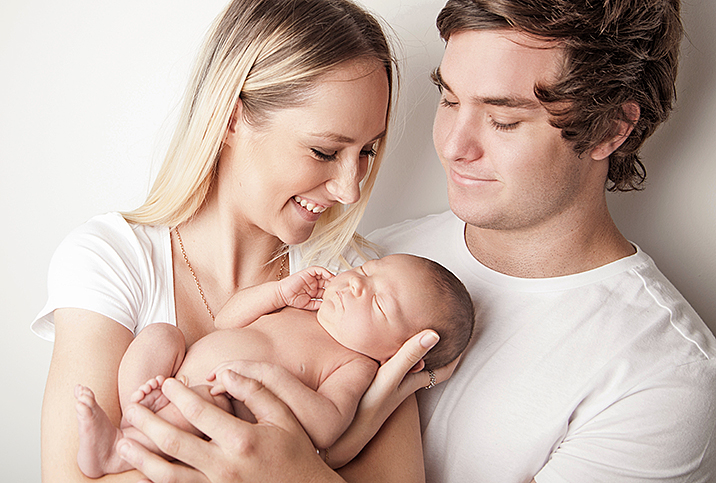Talk to Your Teenager About Dating Safely

As a parent or guardian, you know the importance of talking to your teenager, especially about relationships. Things can go south quickly if you don't invite an open dialogue.
So how do you get to a place where you might be able to help or spot an issue that might be going on? And what can you say to start the conversation so it continues in the right direction?
We spoke with relationship experts to help you navigate conversations with your teen about their dating life so you can stay in the loop and make sure they stay safe.
Start early
If you're wondering when these relationship talks should start, ideally, it's before your teen first becomes involved with someone else.
"The earlier the better," said psychotherapist Babita Spinelli, L.P., founder and CEO of Babita Spinelli Group in New York City. "Usually, this is around middle school—but even elementary school isn't too soon—where you can set a foundation with your preteen to give them the space to talk about friendships and relationships."
Talk first about friendships and what a healthy friendship means. This encourages your child to consider what self-respect means, how to be a good friend and how to set healthy boundaries. Then they can take these concepts into a dating relationship space. You, as the parent, can create space to ask open-ended questions about your child's social life and activities, Spinelli explained.
"If there's a conversation around 'What kind of friend would you like?' you're also opening the door for your child to understand what kind of partner or boyfriend or girlfriend they would want," she added.
Do some self-reflecting
If you haven't had these conversations yet, don't think you're too late to make a difference, Spinelli noted.
"It's never too late, but if we can introduce these concepts sooner, it's so much better," she said. If parents are already sensing difficulties around self-esteem or self-worth in their teen, having those conversations about friendships can help prevent the teen from becoming involved with someone who may not be good for them.
If you haven't had many conversations with your teen about dating and find yourself needing to talk with them, it's important to do some self-reflecting first, said Kruti Patel, Ph.D., a licensed clinical psychologist in Austin, Texas. Before talking with your teen, ask yourself:
- Was dating accepted or not when you were growing up?
- What are some assumptions or biases you hold about your teen's partner?
- What do you know about how your teen might best receive support?
Conversation starters
If you don't know exactly what to say to begin a relationship conversation with your teen, you're not alone. Most parents share the same reticence to bring up this topic.
Patel and Spinelli shared their best tips on nonconfrontational, open-ended conversation starters you can use with your teen.
First, Spinelli recommended setting an environment where you can bring up those questions in a way that's safe and comfortable. Try not to pump your teen for information. For example, at the dinner table, you might ask them about school. You might say, "I'd love to know some of the things you've been doing," or if you know they're dating someone, you could ask, "What are some of the things you're doing with your boyfriend/girlfriend?"
"The more that [your teen feels] safe with you and they feel you're open and really listening, the more you're going to know," Spinelli explained. "That's huge."
If you want to bring up something more serious, such as boundaries or consent, you might begin with, "Sometimes we may not realize we might be feeling a little pressured. I want you to know that you can always share that with me if that's coming up for you." Or you could say, "I feel that you might be struggling to set a boundary with this person. Does that sound right to you?"
Patel gave another example of a nonconfrontational message you can communicate to your teen: "I'm here if you ever want to talk. You can tell me anything and I won't get mad at you. You can trust me with your feelings."
Warning signs of teen dating issues
"Teenagers are still learning a lot about themselves, which can lead to some dating issues," Patel said. "As parents, it might be hard to strike that perfect balance between honoring your teen's autonomy and offering guidance."
Here are some situations Patel and Spinelli explained might indicate parents should intervene:
- When you suspect any abuse could be happening, such as your teen isolating from their friends, giving up activities they used to enjoy or appearing fearful of their partner.
- When you notice your teen suddenly engaging in behavior that isn't typical of them, including using drugs or alcohol, or becoming more frustrated or stressed.
- If your teen's relationship seems out of balance in some way. Pay attention to the couple's personality differences and how they make decisions.
"We don't want to ignore these things," Spinelli advised. "Even though you want to respect your teen and show compassion when there are warning signs, it's something you need to look into and consider getting professional help."


















